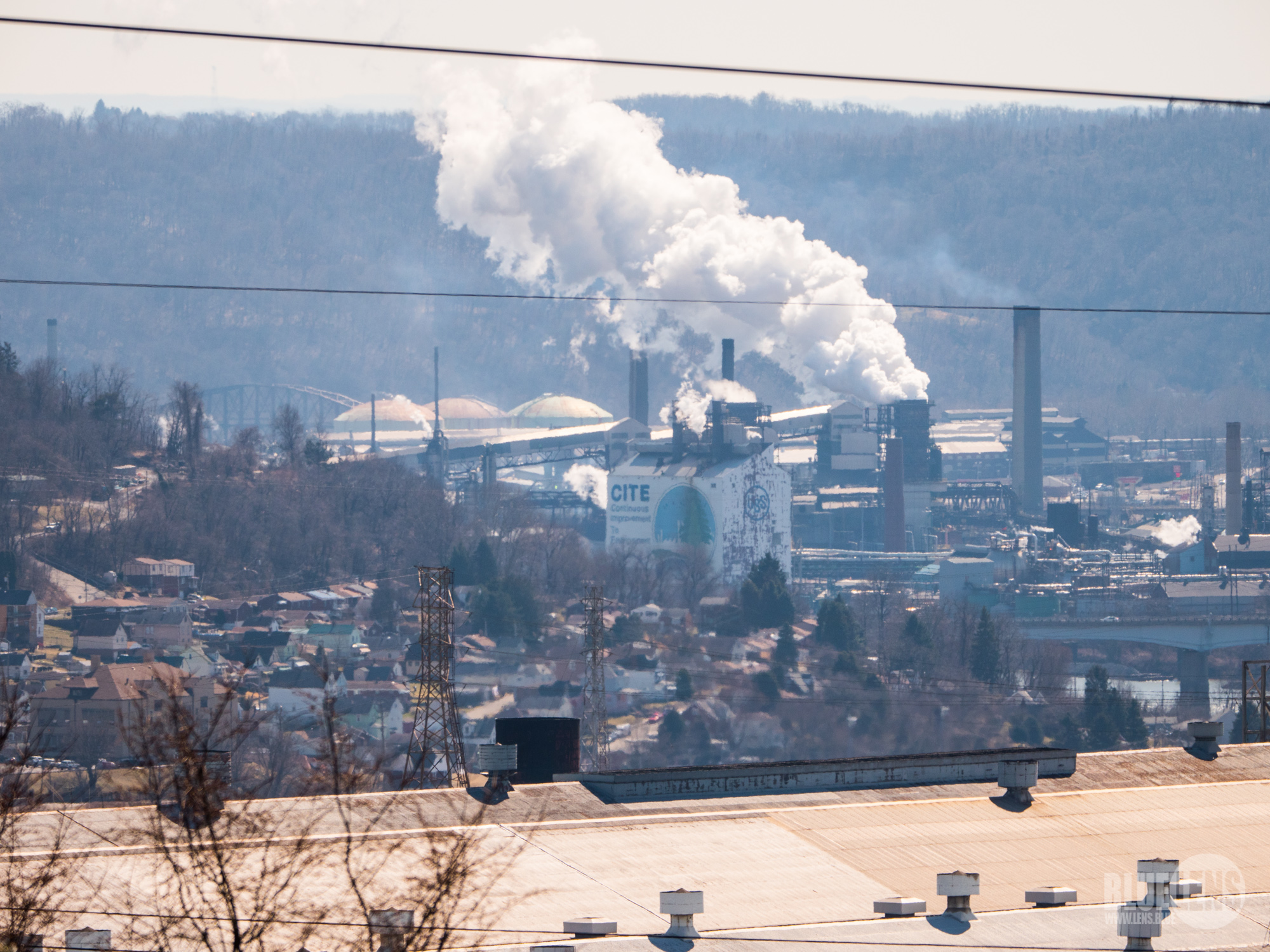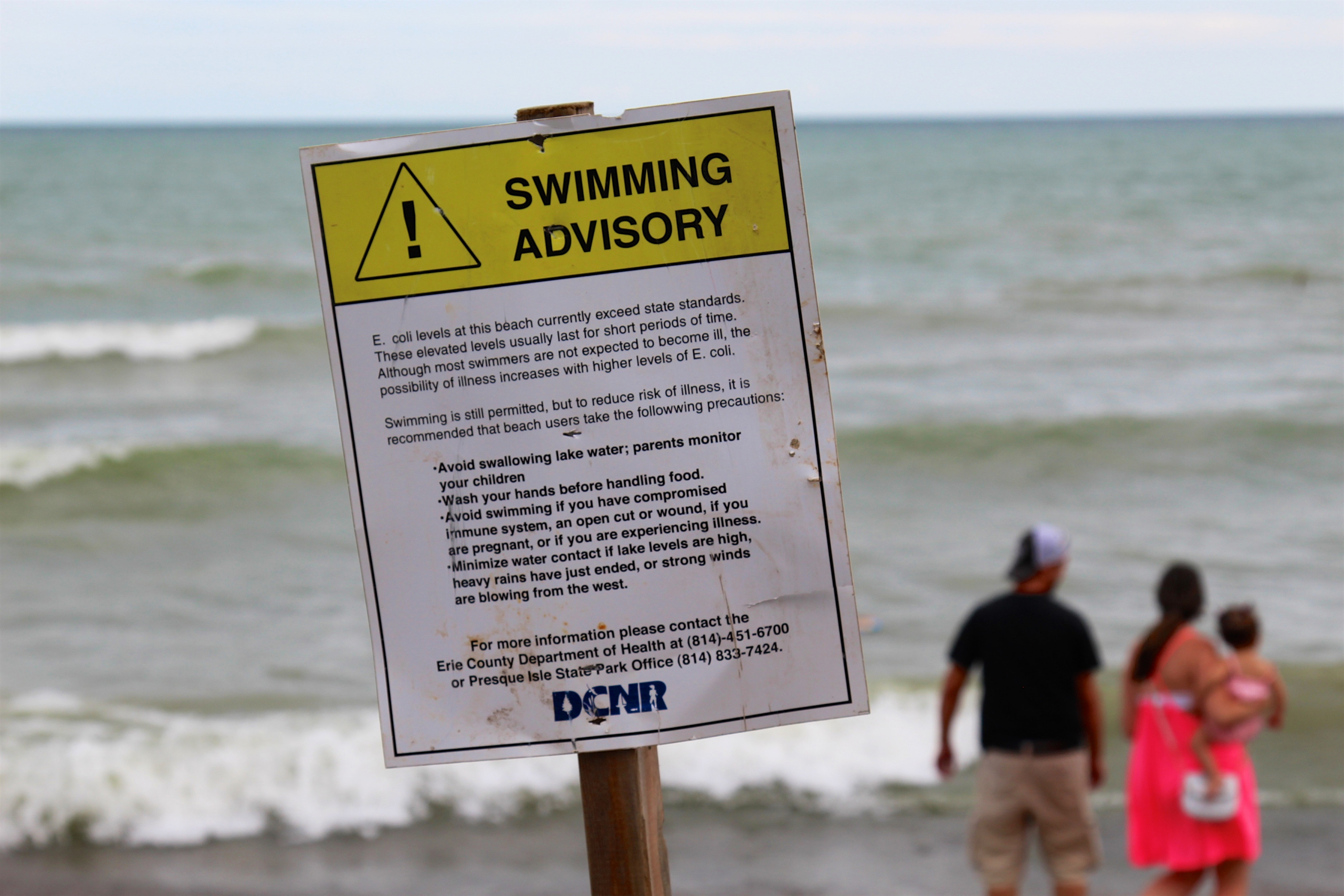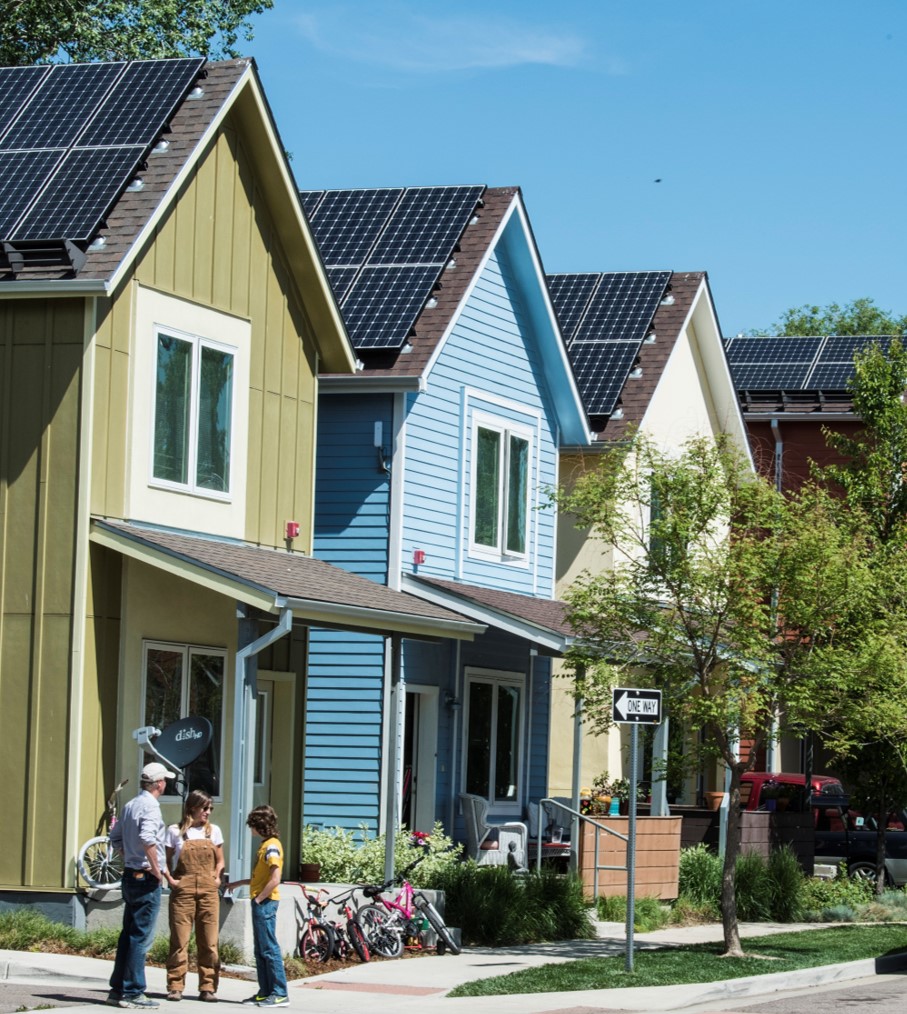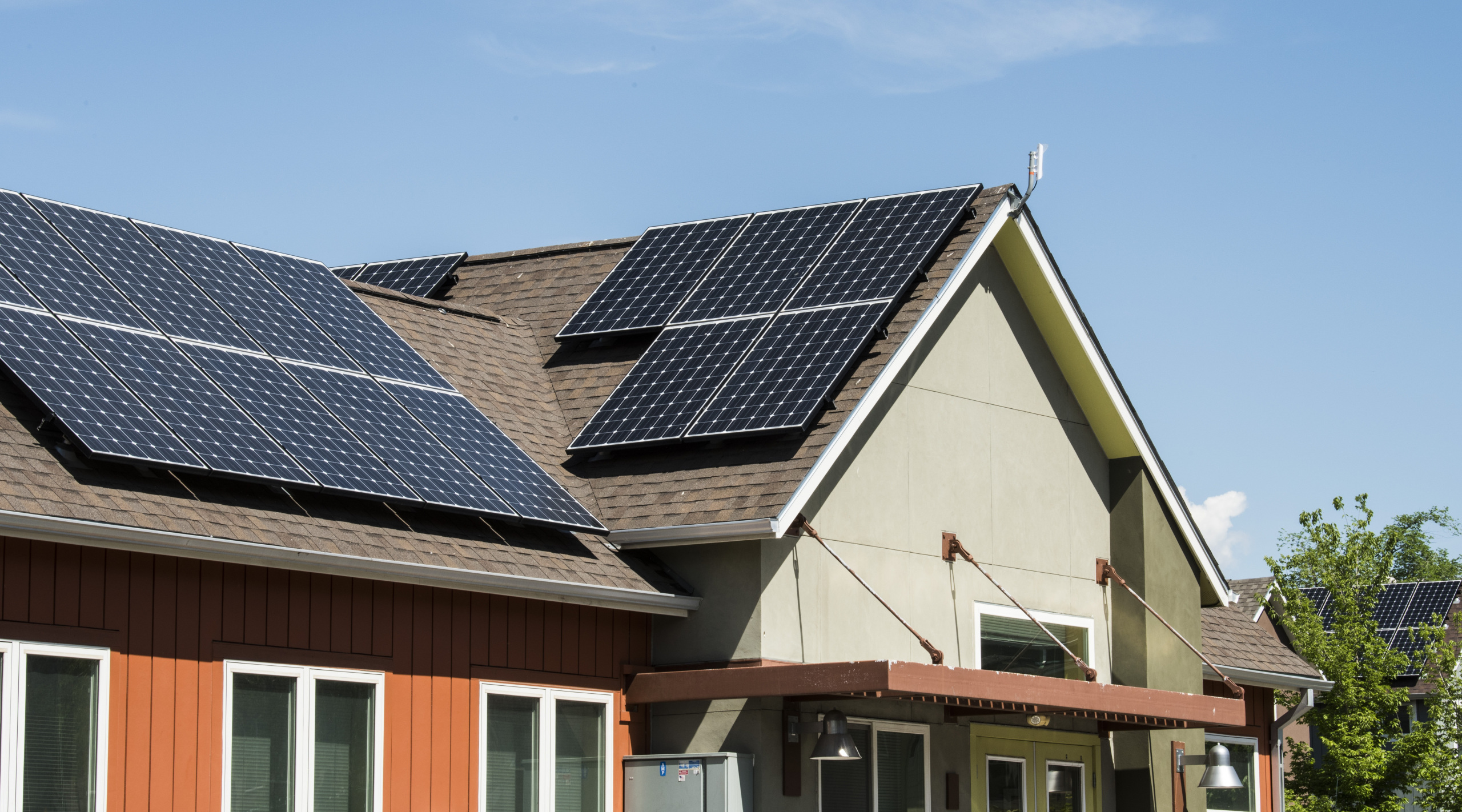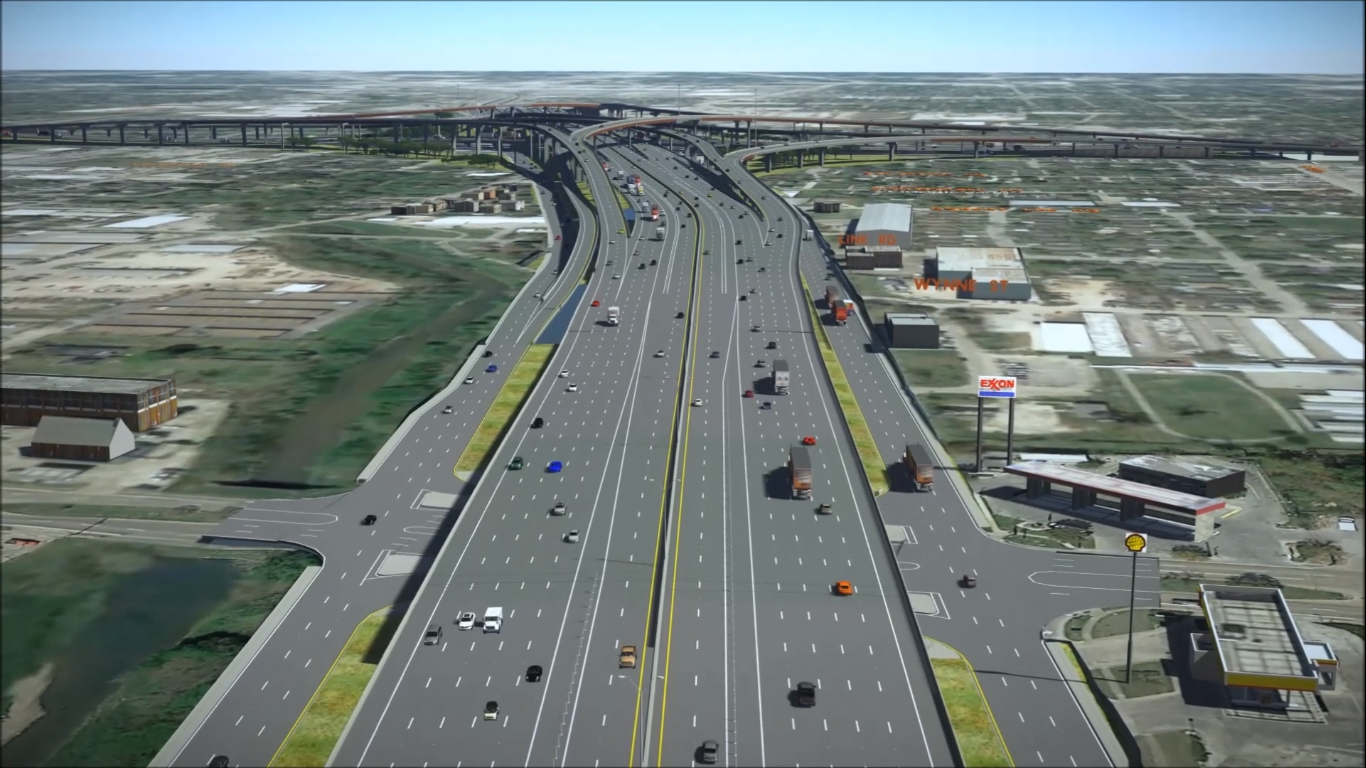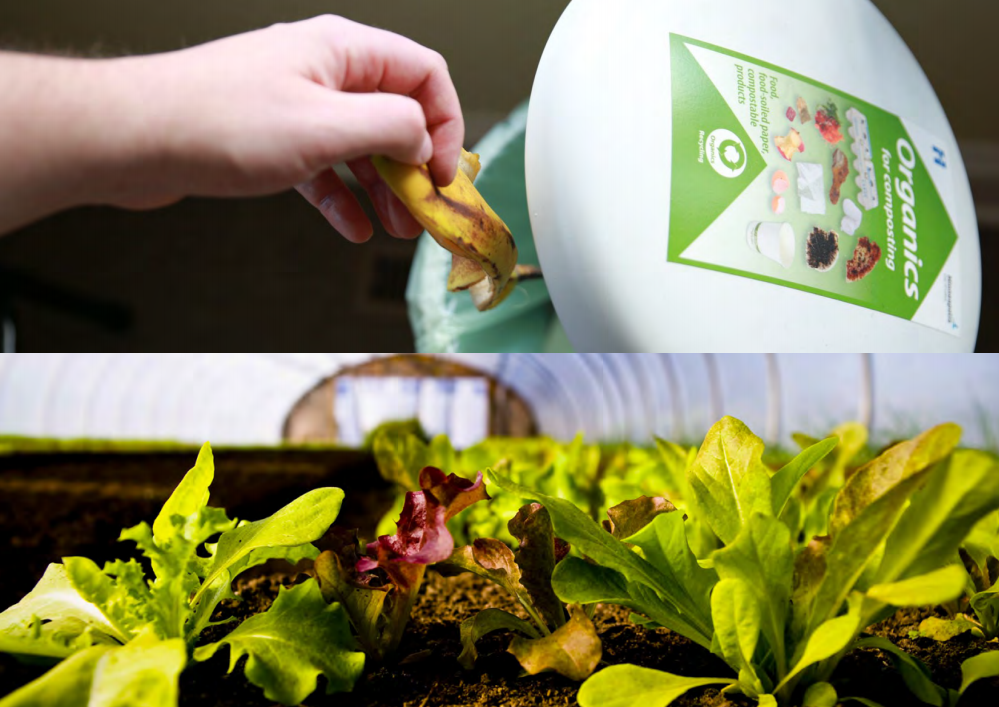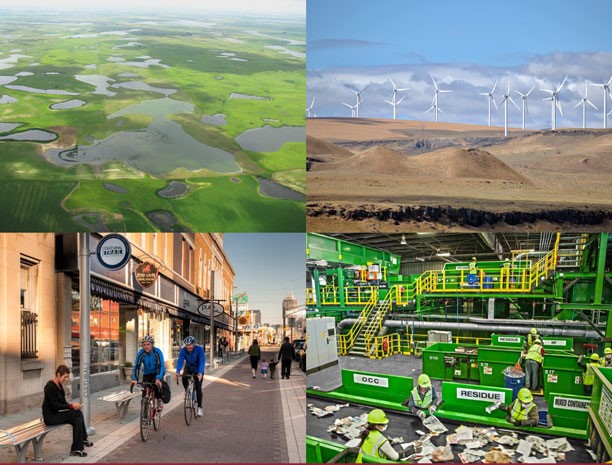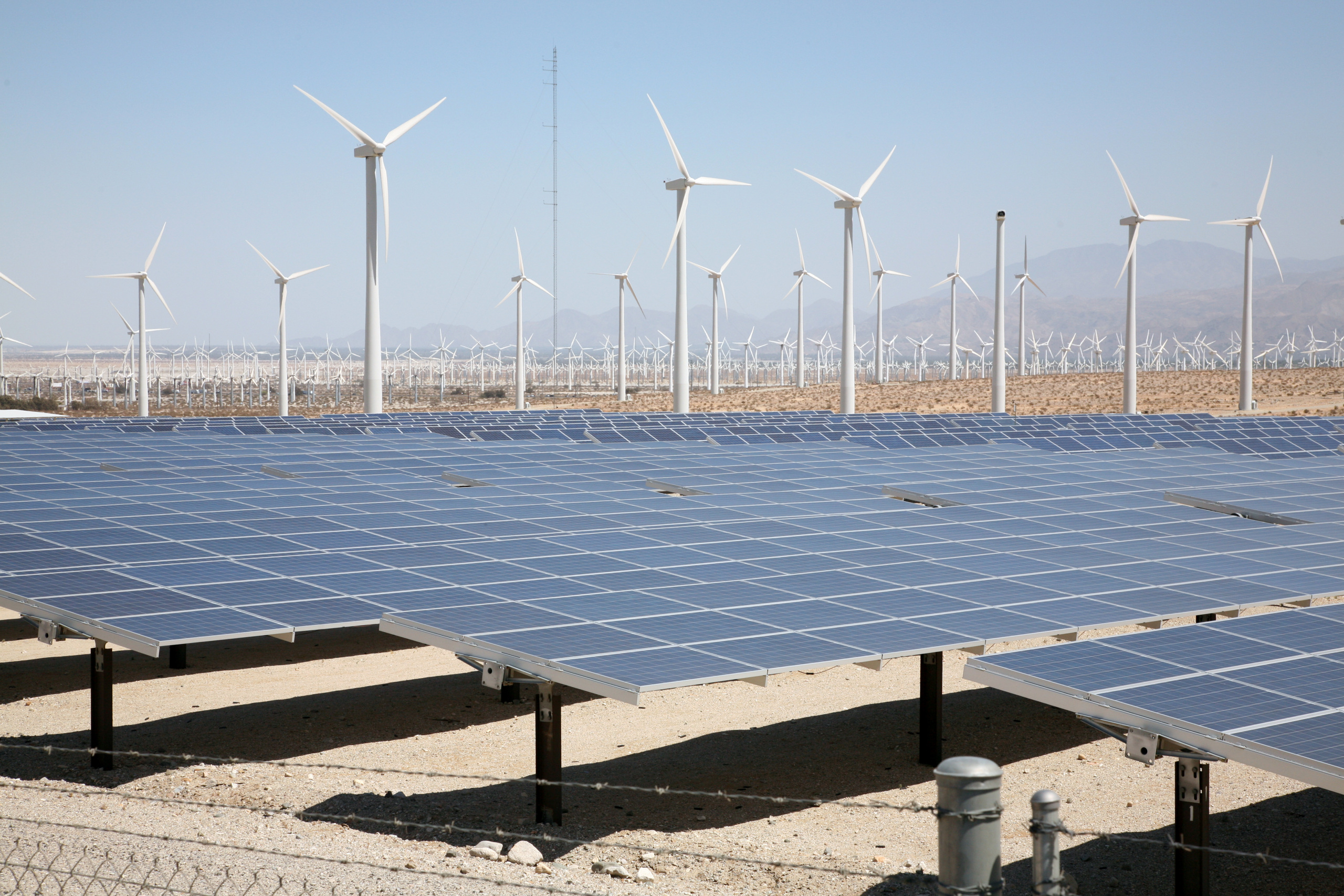
Renewables on the Rise 2019
America is in the midst of a clean energy revolution. Currently, wind and solar energy provide nearly 10 percent of our nation’s electricity and in 2018 America produced almost five times as much renewable electricity from the sun and the wind as in 2009. Renewables on the Rise documents the dramatic rise of clean energy over the past decade and looks toward a future that is 100 percent renewable.

